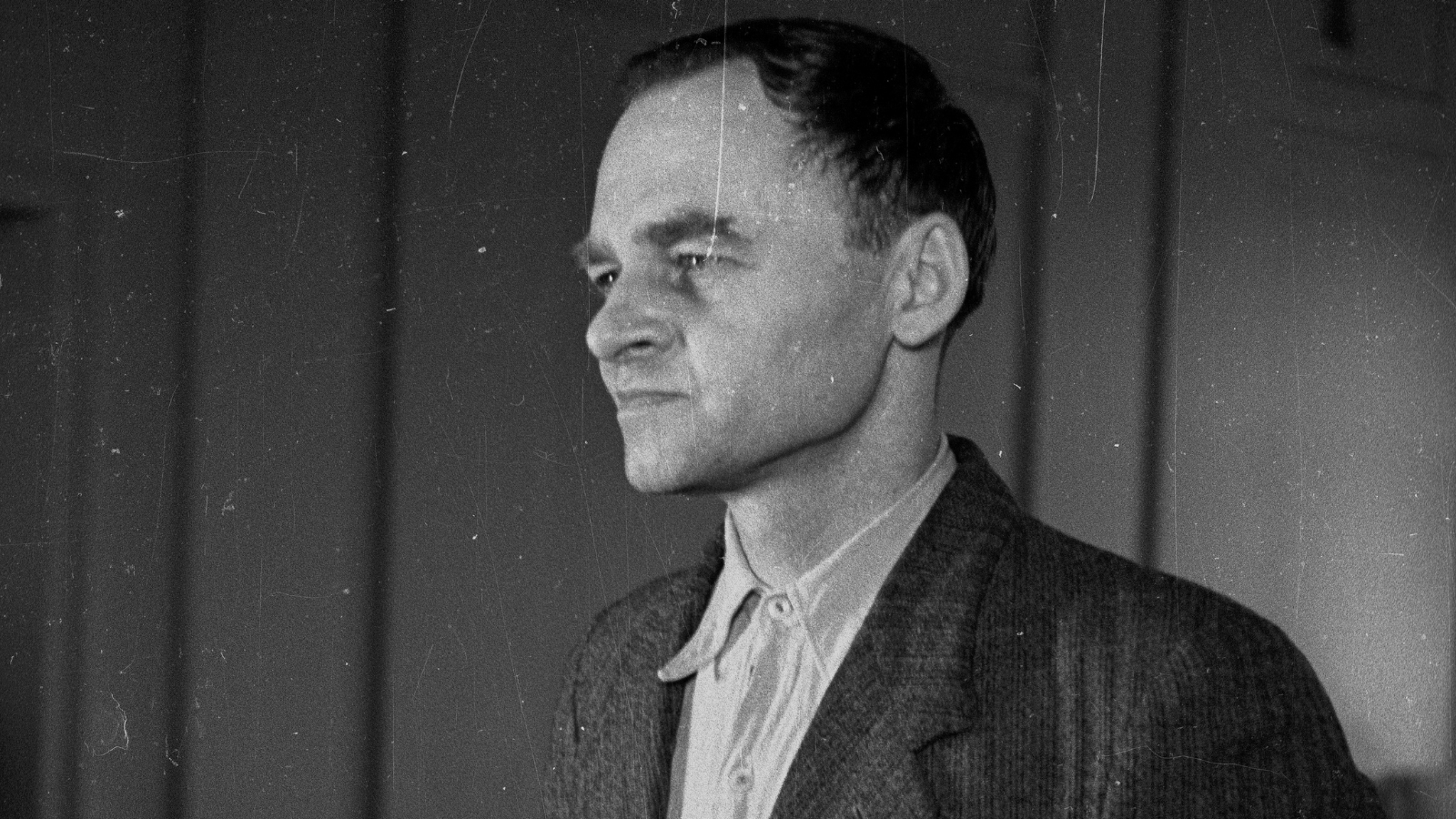Remembering Witold Pilecki

Captain Witold Pilecki was an intelligence officer, a cavalry officer, a gentleman, farmer, a community activist, a talented artist, a loving husband, and a doting father. Oxford’s M. R. D. Foot, a British historian and military intelligence officer, called him one of the “most intrepid men in Europe.” In essence he was an excellent human being.
Pilecki fought against both the Nazis and the Communists, the Third Reich and the Soviet Union. Most notably, in 1940, he accepted a reconnaissance mission: to infiltrate a newly established German installation in Nazi-occupied Poland — Auschwitz. Now, the only way to get in was to allow oneself to be arrested. Pilecki therefore chose to walk into a round up.
He was sent to Auschwitz. He spent over two years in hell, where, nonetheless, he was able to establish an underground organization. Pilecki sent messages out, thus becoming one of the first sources to alarm the world about the Holocaust of the Jewish people. Ultimately, he managed to escape to rejoin the underground. Later, he fought in the Warsaw Rising of 1944; he was taken prisoner and survived an Oflag, a German prison camp for officers.
After his liberation he joined the Free Polish Army in the West. Then he volunteered for yet another impossible reconnaissance mission: to infiltrate Soviet occupied Poland. He got through and set up a clandestine operation to send dispatches out to the West. Within less than two years he and his network were discovered. Pilecki was tried and sentenced to death.
Personally, I can relate: my family was also in the Polish underground, they also fought in the Warsaw Rising of 1944 and then they were also imprisoned in German concentration camps. They were lucky they survived, and returned to Soviet occupied Poland where they suffered Communist persecution, and eventually, they came to America.
My family cultivated the memories of the Second World War and its horrors, and celebrated the fallen heroes, people like Captain Witold Pilecki. Why? Because they were free to do so in the United States. But until rather recently, most Poles in Poland did not know he existed. He was a non-person. The Communists first murdered him and then besmirched him as a “Nazi collaborator.”
Thankfully, now Pilecki is alive. His life and deeds are celebrated widely. He is treated as an idol: someone to look up to. It is not only that his story is fantastically compelling and irresistibly attractive. It is also that Pilecki appeals to every man and woman whose families experienced similar uncertainties.
Pilecki was not an exception from the Polish mainstream. There were many exceptional individuals they all stemmed from a Polish culture that strongly believed in serving a cause greater than themselves; they further believed in chivalry, patriotism, and the truth of Christianity. People like Pilecki were compelled to sacrifice themselves because of the ethos of service they learned at home.
Certainly in my family, the moral imperative to serve and help others was always present. Pilecki attracts us because he is an extreme example of heroism. Let us commemorate the man and the ethos, which should be an inspiration for the current and future generations.
This op-ed was based on a speech given by VOC Trustee Ambassador Aldona Woś at the world premiere of The Pilecki Report, a must see film telling the story of a larger than life hero.

